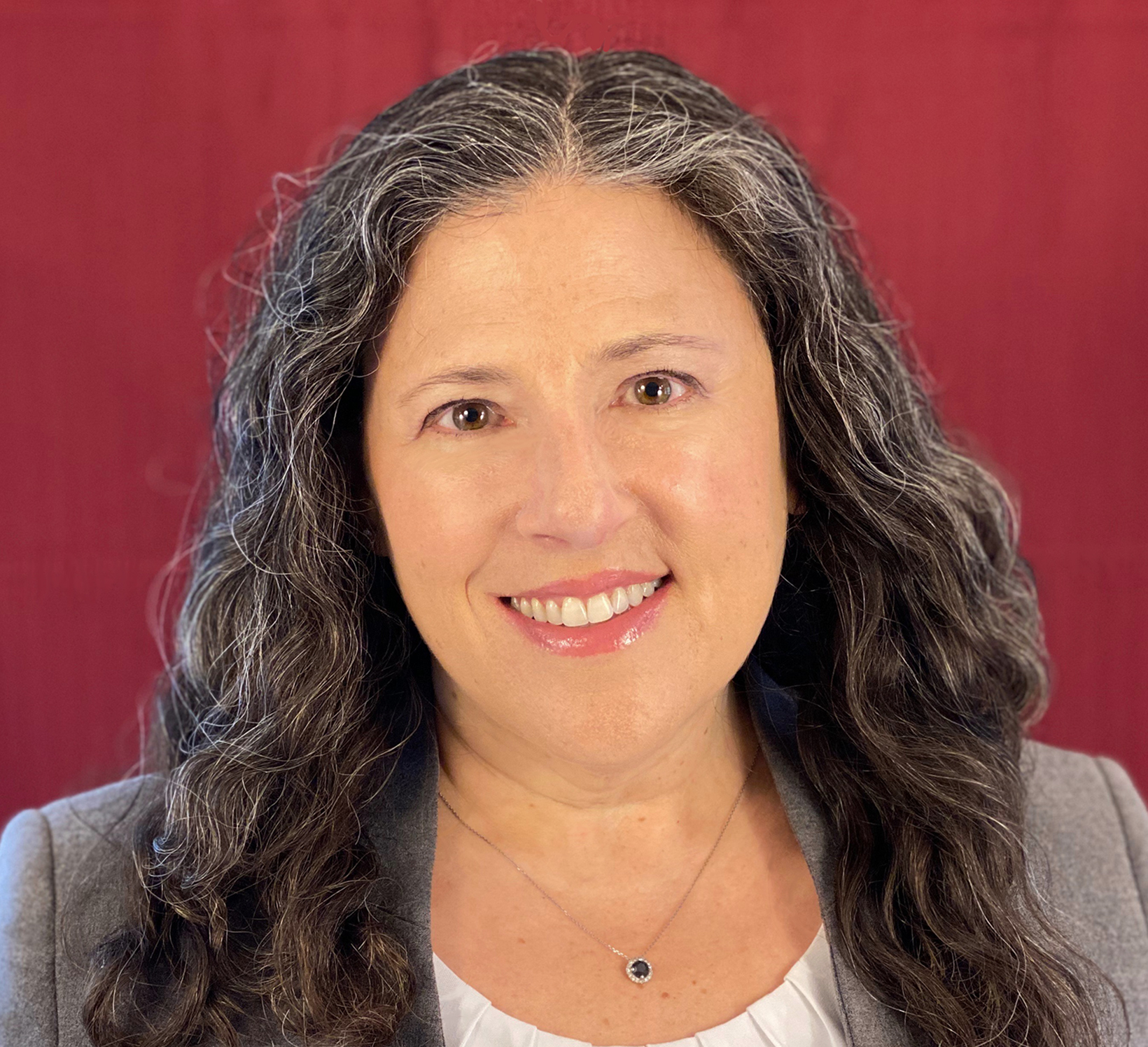In Defense of Becoming Less Possessive
By Schwartz ES

Recently, several members of the Applied Radiology editorial advisory board and I had a—let’s call it a discussion—about our policy requiring the use of the nonpossessive form of condition-specific eponyms (eg, Parkinson disease rather than Parkinson’s disease).
First—and this may seem pedantic—using the possessive form of the person for whom the condition is named is grammatically incorrect. The condition is not their personal disorder but is one named after them. In addition, the American Medical Association’s (AMA) Manual of Style, the US National Institutes of Health, and the World Health Organization all agree that condition-specific eponyms should not include the apostrophe “s.”1-3
But even more importantly, as others have so aptly stated, “(B)efore groaning about diving into grammatical nuances in medicine, let us remember that how we speak about our patients often mirrors how we treat them.” 4 I agree. If using the possessive risks offending or making those living with a given condition uncomfortable, as the National Down Syndrome Society and the Down Syndrome community have clearly expressed, stating that an “apostrophe ‘s’ connotes ownership or possession5 ” then it is imperative for us in the medical community to respect that.
Of course, there will continue to be some exceptions. As has always been our practice in accordance with the AMA Manual of Style, we will never alter the titles of articles or journals cited either in the body or the references appearing at the end of our articles, even when they employ the possessive. Press releases issued by other organizations that we share through our social media channels and email lists will also remain unchanged. Similarly, we will continue to respect the legal names of organizations; eg, the Alzheimer’s Association®.
Language and usage are constantly evolving; while some changes seem to win almost instant acceptance, others take more time. “Google” went from a proper noun to a verb almost instantaneously. On the other hand, many people bristle at the use of the word “they” as a singular pronoun; some say it is just another new-fangled attempt at political correctness. However, not only do most major style guides, including those of the AMA, American Psychological Association, and Associated Press, endorse it, the use of “they” as a singular pronoun dates as far back as 1375.6
Ultimately, word choice and usage matter, especially in medicine. Let’s hope it doesn’t take another 650 years for nonpossessive condition- and disease-specific eponyms to be accepted as our standard.
Bidding Farewell
Please join me in thanking Melissa Davis, MD, MBA, as she transitions off the editorial advisory board. Dr Davis was the associate editor for our Emergency Radiology section, and we wish her well. Those of you with expertise in this subspecialty are invited to email me to apply for this position.
